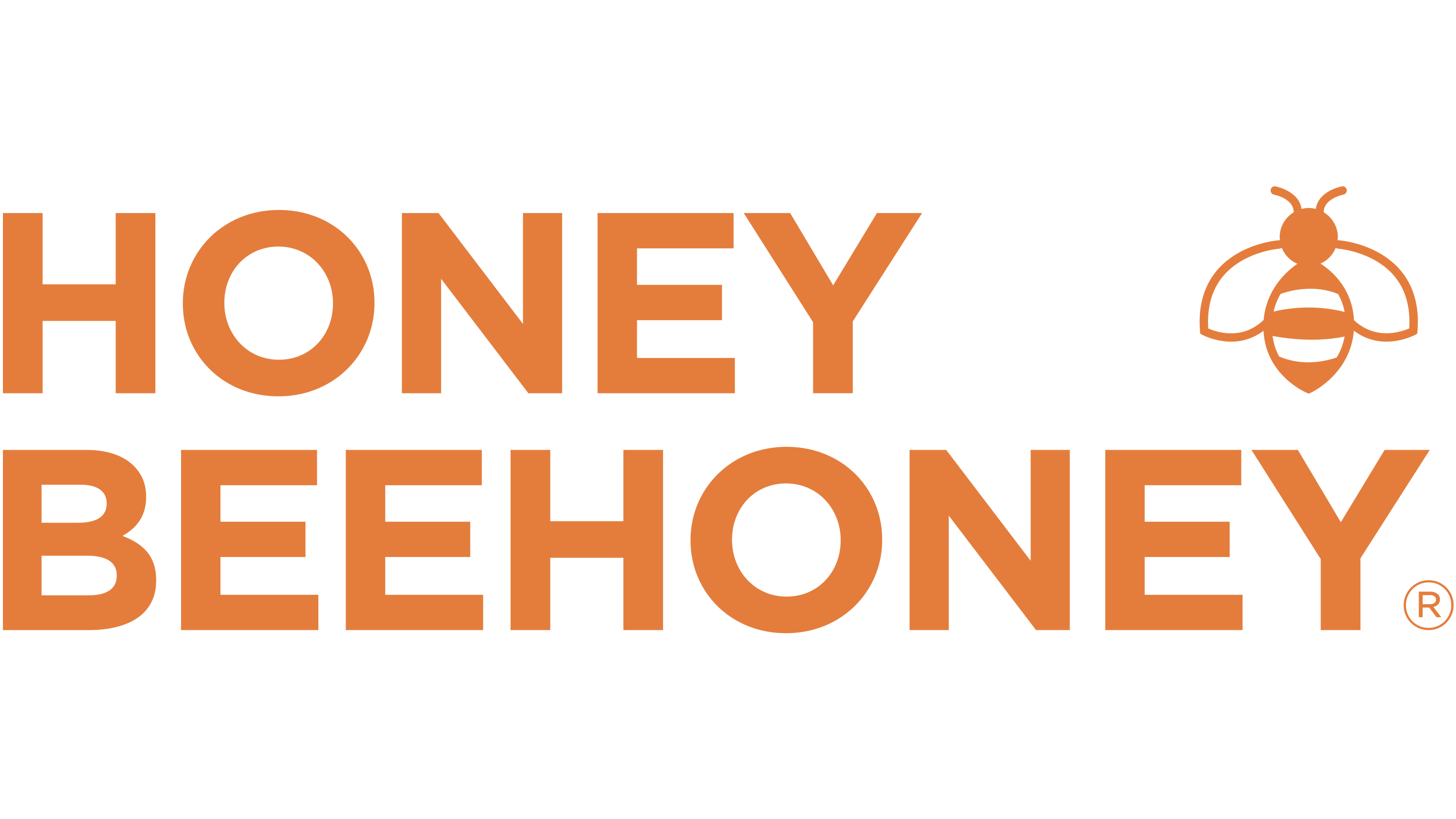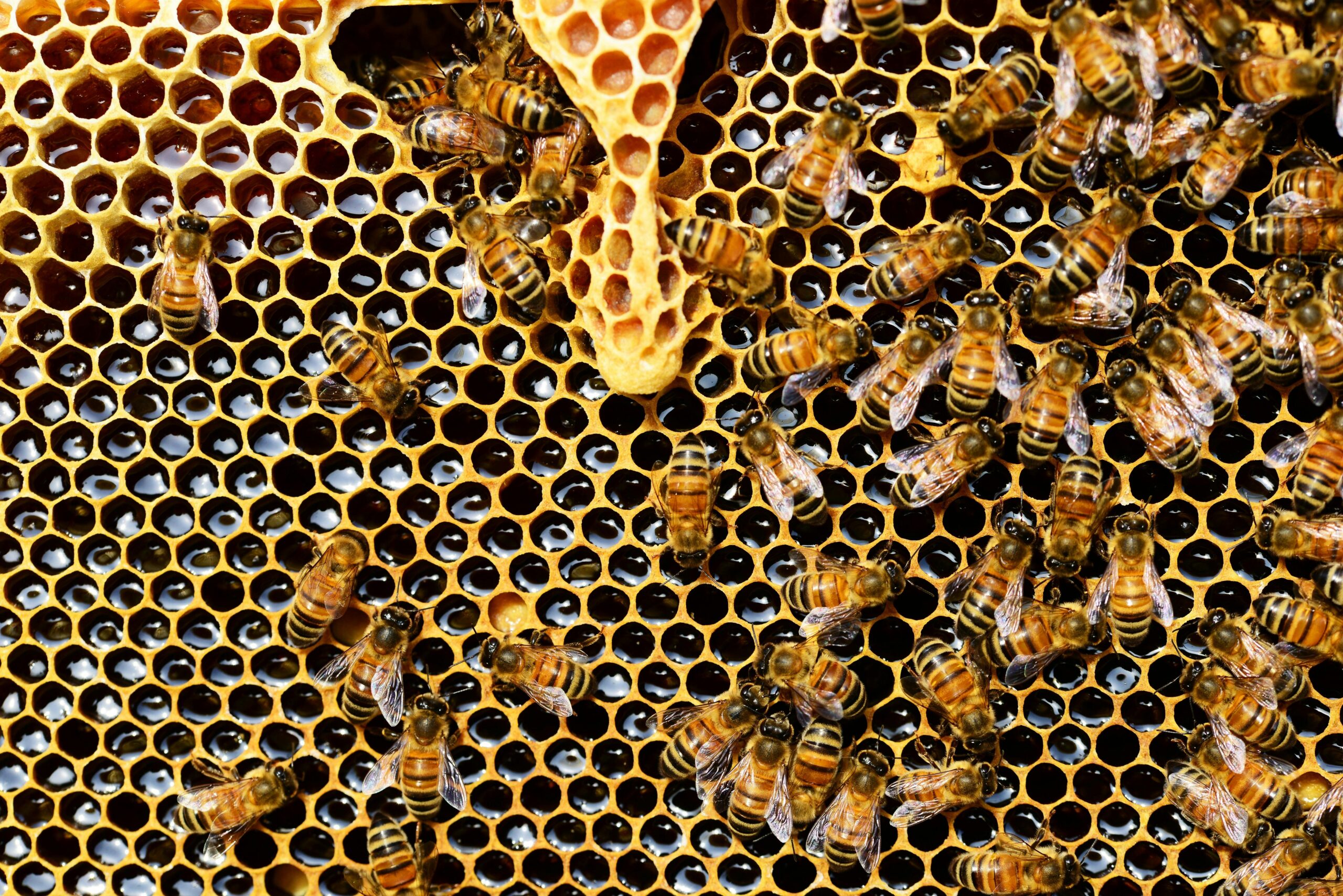Sustainable beekeeping has become a critical challenge for the 21st century, as bees play a vital role in pollination and maintaining the health of ecosystems. However, modern agricultural practices and environmental changes threaten bees and beekeeping. The need for sustainable practices in beekeeping is crucial for preserving biodiversity and protecting bees.
The Importance of Bee Pollination
Bees are the primary pollinators for many plants, including food crops. It is estimated that 75% of global crops depend to some extent on pollinators, with bees playing a leading role. Without bees, the production of fruits, vegetables, and other essential foods would be significantly reduced.
Challenges Bees Face
Today, bees face numerous threats. The main challenges include:
- Environmental Pollution: Pesticides and chemicals used in agriculture have a negative impact on bees, destroying the health of their populations.
- Climate Change: Changes in climate affect the availability of flowers and the seasonality of beekeeping activities.
- Habitat Loss: The destruction of natural areas for urban development and land use changes reduces the food sources for bees.
Sustainable Beekeeping Practices
Sustainable beekeeping refers to the implementation of practices that not only maintain bee health but also protect the environment. These practices include:
Ecological Beekeeping
Ecological beekeeping focuses on harmonious coexistence with nature. Beekeepers who follow these practices avoid the use of chemicals and pesticides that could harm bees and the environment. Instead, they use natural methods of hive protection, such as biological pest control.
Habitat Preservation and Enhancement
Creating and preserving habitats for bees is essential for sustainability. Planting native plants that provide nectar and pollen for bees helps maintain healthy bee populations. Sustainable beekeepers create natural sanctuaries for their bees and enhance biodiversity in their areas.
Reducing Hive Transportation Distances
Another way to promote sustainability in beekeeping is to reduce the distances hives are transported. Beekeeping that requires frequent and long-distance relocations can be harmful to bees, as the long distances increase stress and the loss of populations.
Beekeeper Education and Awareness
Educating beekeepers on the use of sustainable practices is vital. Training and awareness programs help raise consciousness about the importance of protecting bees and biodiversity.
Beekeeping’s Contribution to Biodiversity
Sustainable beekeeping not only protects bees but also contributes to biodiversity conservation. Bees are essential for the pollination of many wild plants, which in turn support the survival of other species of animals and plants. Maintaining healthy bee populations strengthens entire ecosystems and helps maintain the natural balance.
Conclusion
Sustainable beekeeping is one of the most important tools for protecting bees and the environment. Through ecological practices, habitat preservation, and continuous beekeeper education, we can ensure the health of bees and the sustainability of ecosystems. Bees are not only honey producers but also guardians of the planet’s biodiversity.

